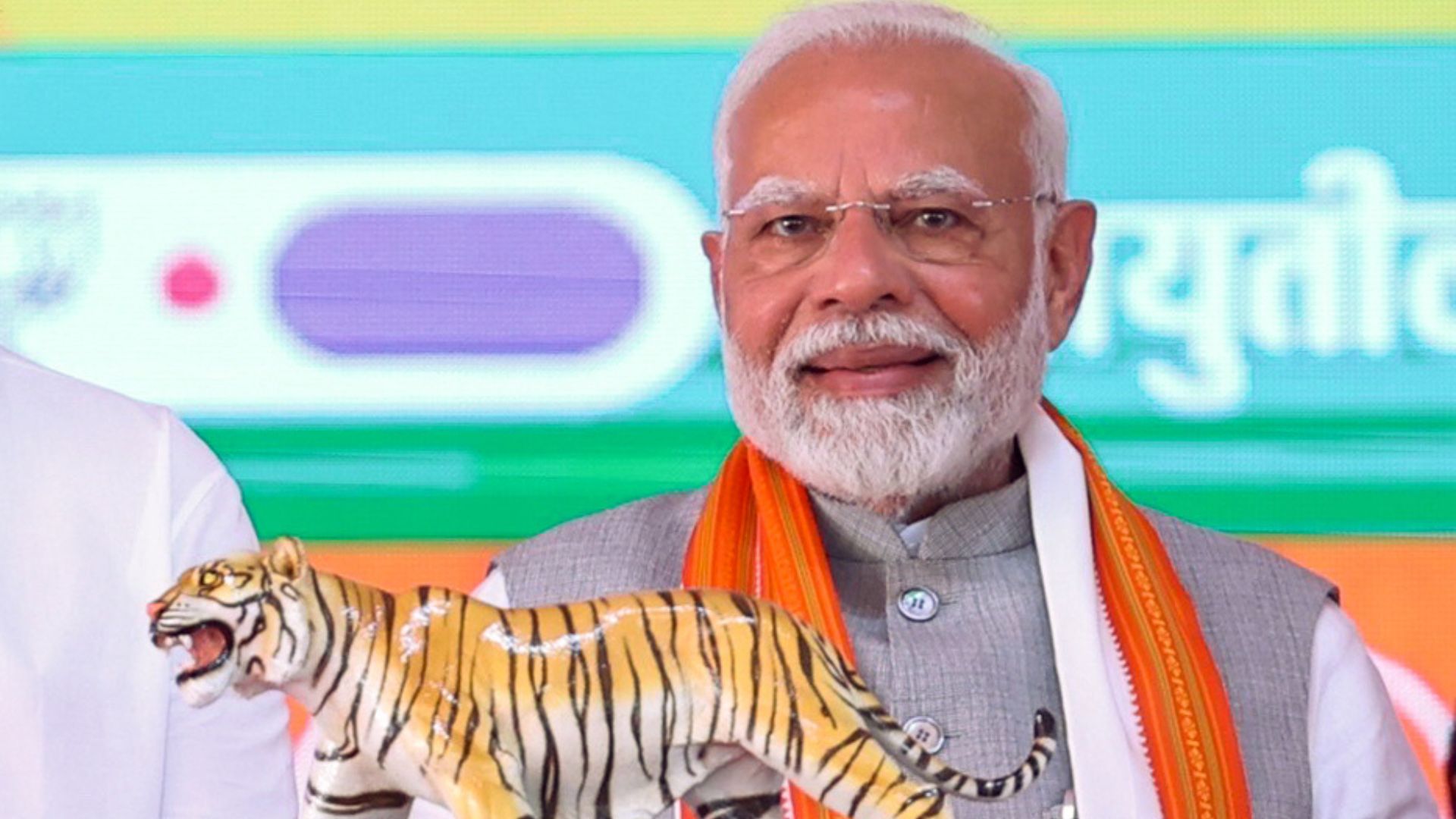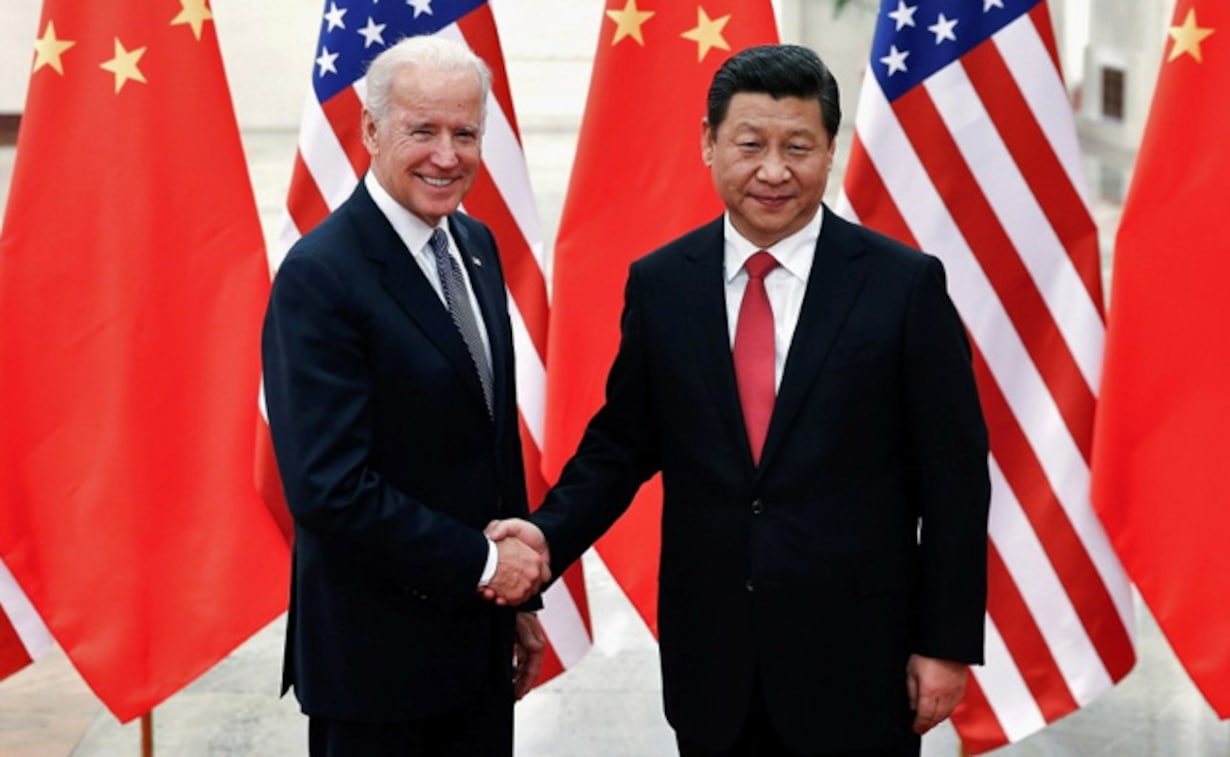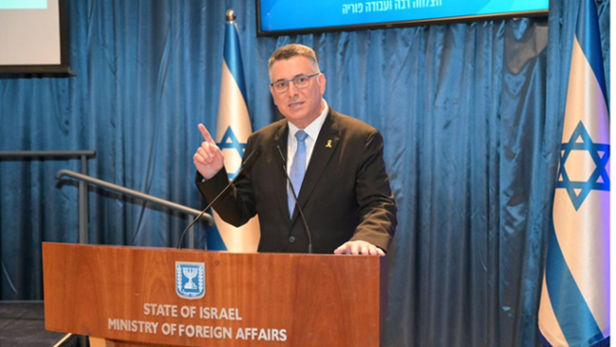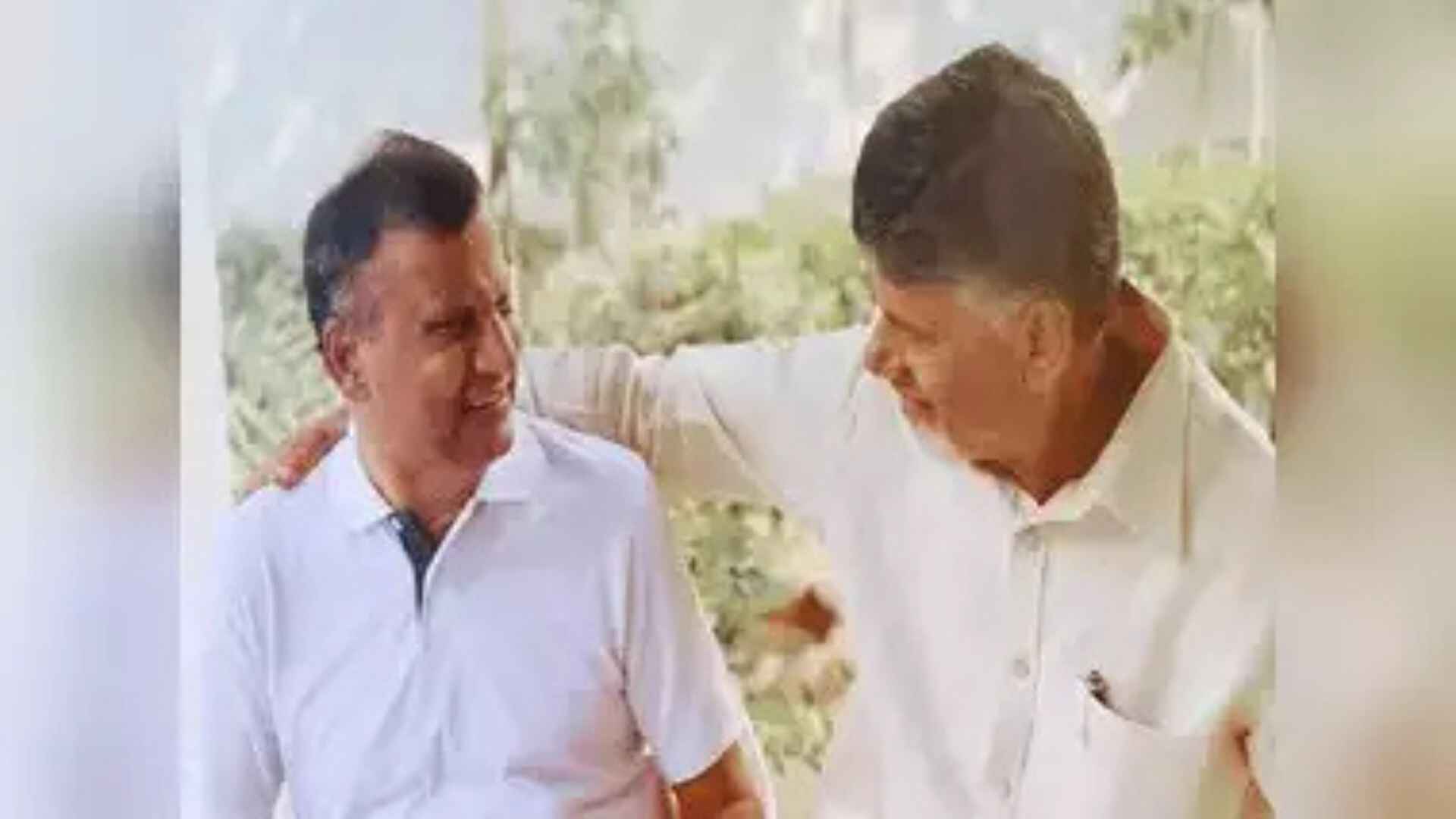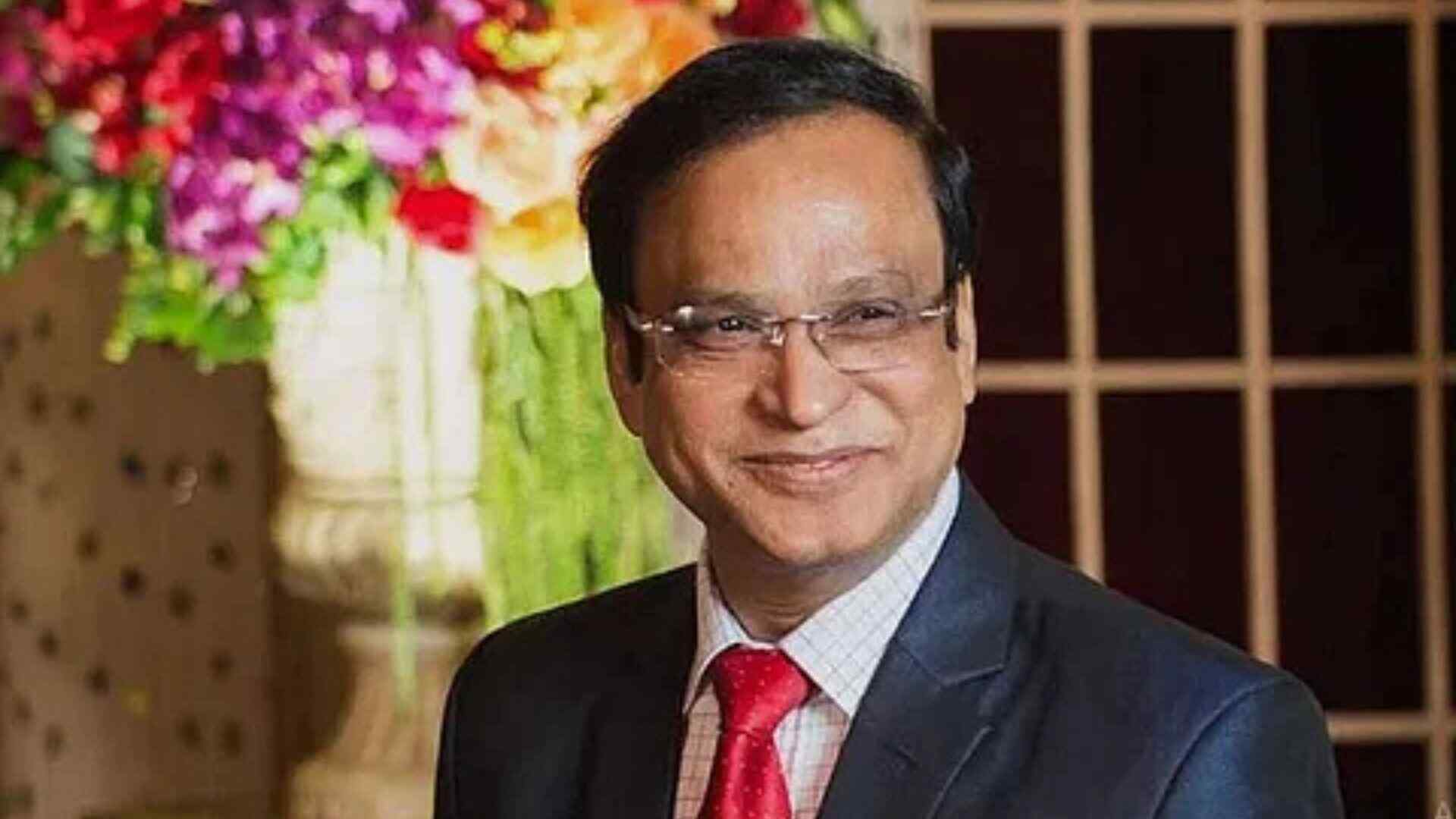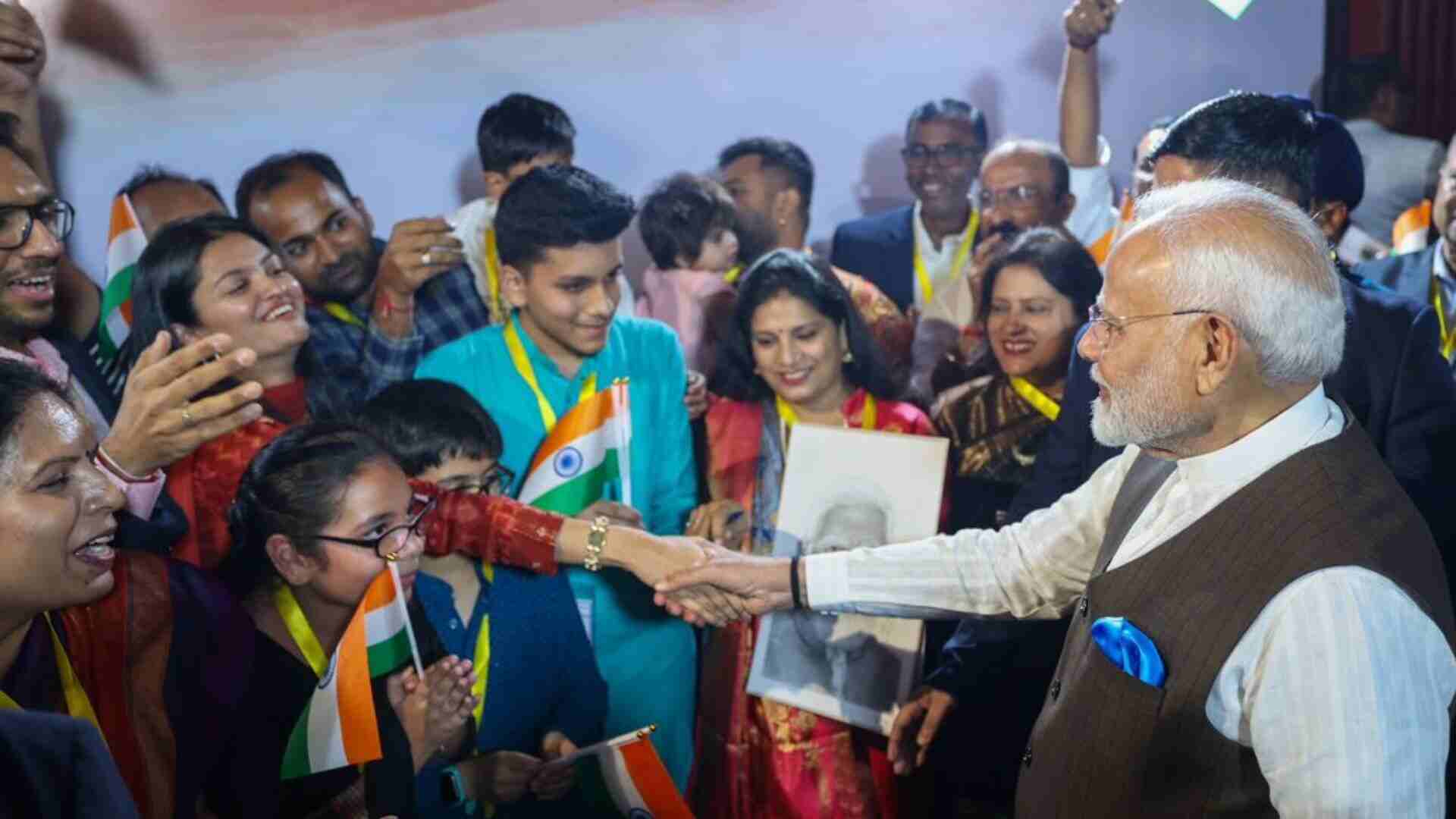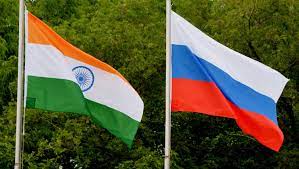
Amid the India-China faceoff in the Yangtse area of Arunachal Pradesh’s Tawang sector, the political debate in Parliament’s winter session swayed toward the border issues when the opposition started demanding a review statement on the borderland area from the government and demanded a proper debate in the Rajya Sabha over the Tawang issue. In response Minister of Home Affairs Amit Shah said that government will not allow a ‘single inch of its land to be encroached upon’ while praising Indian soldiers for protecting the motherland by driving away the Chinese infiltrations from Tawang within hours. At the same time, Amit Shah cornered the opposition for disrupting the question hour in Lok Sabha by claiming that the scenario would have been different if the Nehru government wouldn’t sacrifice its seat in the UN Security Council on account of Nehru’s love for China in the past.
Considering India’s situation and the politics around permanent membership in UNSC, let us examine the offer and determine whether Nehru truly “gave” India’s seat to China. In an interview in 2004, Congress politician and former UN Under-Secretary General Shashi Tharoor stated that Nehru “declined a US offer” to India to assume a permanent seat at the UN Security Council in 1953, while recommending that China be given the seat.
Tharoor says in his book ‘Nehru-The Invention of India’ that Nehru urged that the seat previously held by Taiwan be granted to Beijing instead. According to reports, Nehru stated that “the seat was held with minimal credibility by Taiwan.”
Furthermore, according to a March 2015 paper titled ‘Not at the Cost of China’ by historian Anton Harder, the US began putting pressure on India for a permanent seat as early as 1950, intending her to take the position of China. According to Harder, “integrating the PRC into the world community by acknowledging China’s claim to the seat” was the “essential pillar of Nehru’s foreign policy.”
In a 2002 Frontline piece on the ‘Nehruvian Approach,’ historian A.G. Noorani highlighted a 1955 note written by Nehru on the US and Russian offerings to the UN Security Council. In this email, Nehru recognized that the US had made suggestions “informally,” but India was not “anxious to enter the Security Council” at the time. Noorani’s report also mentions that in 1955, USSR also offered India a permanent seat in the UN. According to Noorani, Russia’s offer to India was only a “feeler” to put India on the spot. This was due to the fact that the US offer in 1950 was made with the intention of keeping China—another Communist bloc—from joining the UN Security Council, but the Russian offer was made at a time when the USSR-China alliance had reached a certain level.
While citing the minute note of the meeting between USSR Prime Minister Nikolai Bulganin and Nehru on 22 June 1955, when the offer was made, the author asserts that Nehru acknowledged US’s offer as an attempt to “cause strife between India and China”. He went on to say that India’s admission would necessitate a modification of the UN Charter, which would not have been prudent at the time.
According to an article published in The Hindu on 28 September 1995, Nehru explicitly denied receiving any offers for a position on the UN Security Council. In a statement made by Nehru on 27 September 1955, in reply to a Lok Sabha question by Dr J.N. Parekh on whether India had refused a seat informally offered to her in the U.N. Security Council. Former Prime Minister Nehru said: “There has been no offer, formal or informal, of this kind. Some vague references have appeared in the press about it which have no foundation in fact. The composition of the Security Council is prescribed by the UN Charter, according to which certain specified nations have permanent seats. No change or addition can be made to this without an amendment of the Charter. There is, therefore, no question of a seat being offered and India declining it. Our declared policy is to support the admission of all nations qualified for UN membership.”
Moreover, Russia again backed India for permanent membership at the United Nations Security Council (UNSC) at the Primakov Readings International Forum in Moscow earlier this week. Russian Foreign Minister Sergey Lavrov said India’s stance on global and regional issues adds merit to the UN Security Council. Because of its economic progress, India, according to Lavrov, can even be regarded as a global leader. Except for China, the four other members of the UN Security Council–the United States, the United Kingdom, France, and Russia–have backed a permanent seat for India in the UN body. As other members have also recognized that New Delhi has vast diplomatic experience in settling various kinds of problems, as well as authority and a reputation in its region. India also plays an active role in the UN and is an important part of structures like the Shanghai Cooperation Organization (SCO) in Asia and the G20 group. The current position of India at several international forums on the Russia-Ukraine war is also worth praising as it seeks strong diplomatic ties for peace and development instead of war while pointing out that the present world situation is not at all favourable for such a war since world’s economy is yet to revive from economic devastation occurred due to pandemic.
There have already been several attempts being made on the line that UNSC will become more inclusive and democratic if Asian, African and Latin American countries are included in the grouping. The Russian Ambassador also recognized that India and Brazil are the two key international actors along with Japan and Germany as the world knows about the values these new emerging powers can bring at the global and regional levels.
